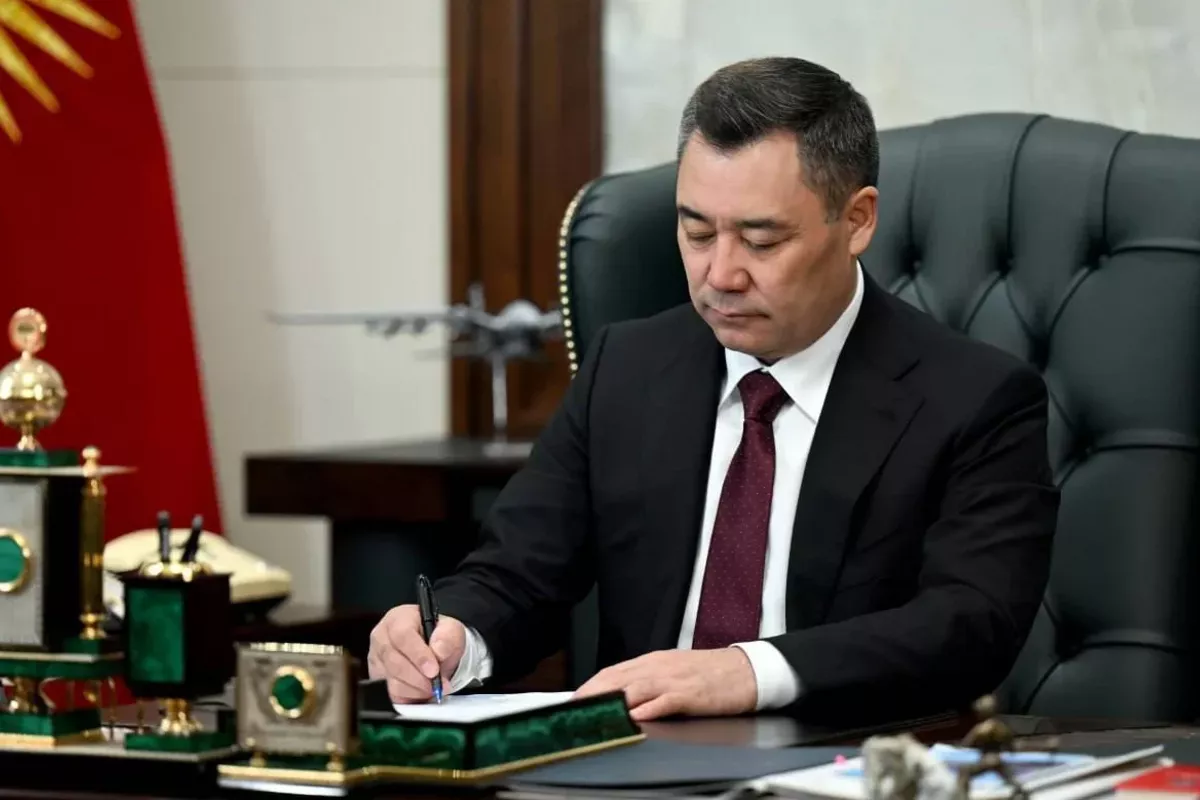
Photo: Kabar
Kyrgyz President Sadyr Japarov has signed new legislation designed to modernize the nation’s judicial system and expand public access to justice through advanced digital technologies.
The law establishes a fully digital framework for legal proceedings, aiming to speed up litigation and enhance transparency, The Caspian Post reports, citing The Times of Central Asia.
Starting January 1, 2026, administrative, civil, and economic cases will be handled entirely in a digital environment.
Under the new system, court rulings, protocols, and other legal documents will carry full legal validity when signed with a digital signature. All submissions-including lawsuits, appeals, cassation complaints, and petitions for case review-must be filed electronically through a unified digital platform, with each document requiring both a digital signature and completion of an electronic form.
Participants in legal proceedings will be able to access and download court decisions online. The legislation significantly reduces and eventually aims to eliminate the need for individuals to appear in court in person as plaintiffs, defendants, witnesses, or experts. Remote participation and the mandatory audio and video recording of all court sessions will be central features of the new system.
According to government officials, the reform marks a systemic shift from paper-based litigation toward a digital, streamlined model designed to improve judicial efficiency and accountability.
In parallel, President Japarov also signed the Law “On Mediation,” which introduces mandatory pre-trial and extra-judicial mediation for certain categories of civil and criminal disputes. The goal is to ease the burden on courts and promote a culture of peaceful conflict resolution.
While these reforms represent a step toward modernization, Kyrgyzstan’s judiciary continues to face significant structural challenges. The Global Organized Crime Index identifies the judicial system as among the most corrupt institutions in the country, citing persistent issues of bribery, political pressure, and influence from organized crime networks.
The presumption of innocence is frequently disregarded, and courts are often criticized for operating under a de facto presumption of guilt. A 2023 nationwide survey by the International Republican Institute found that 49% of respondents identified the courts as the most corrupt institution in Kyrgyzstan.
Share on social media
